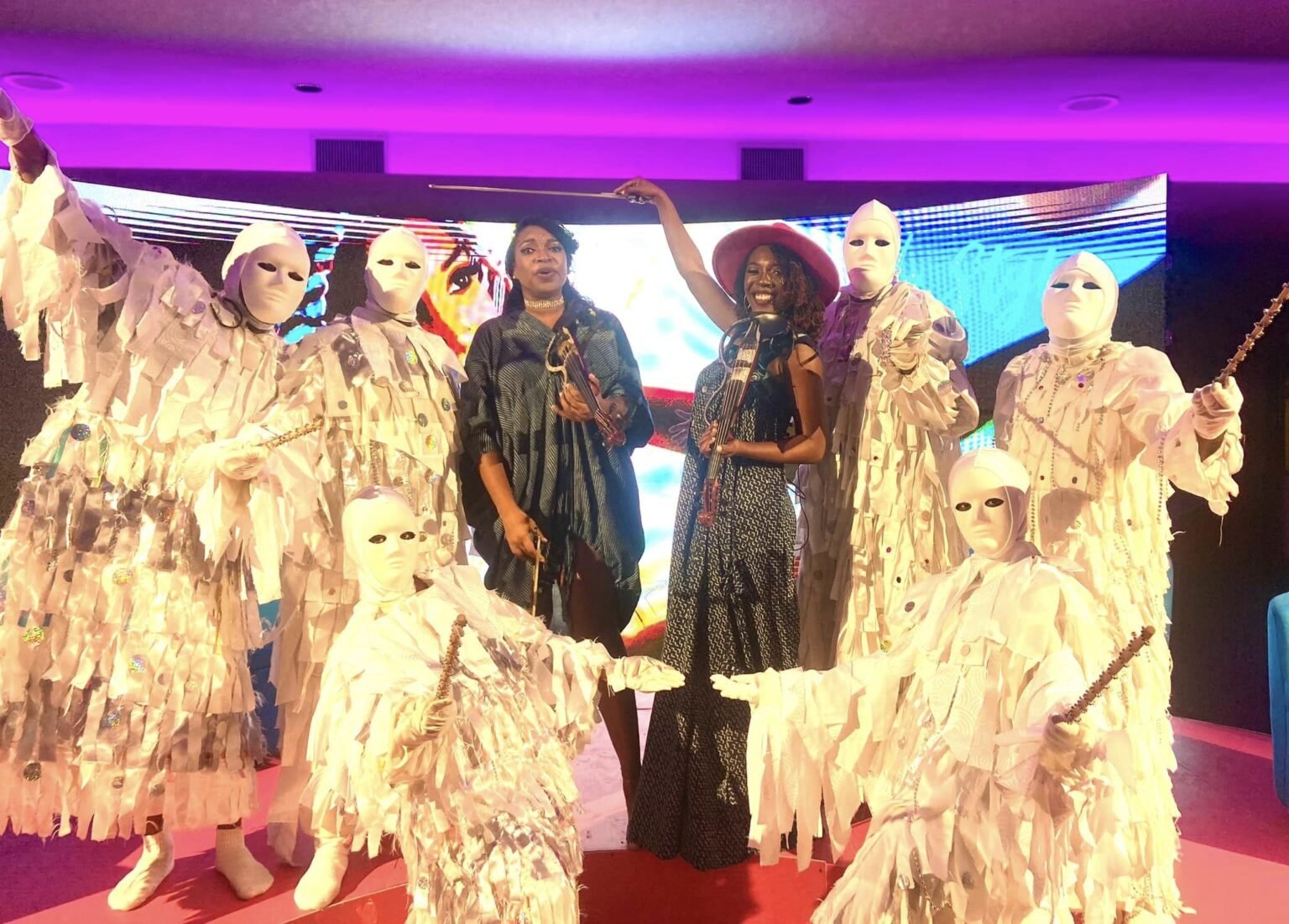Beyoncé's ‘Cowboy Carter’ smashes records while giving a history lesson
Images: Blair Caldwell
On 29 March Beyoncé’s latest album Cowboy Carter was released, and in the week since has been a trending topic, sparking endless discourse across platforms. In true Beyoncé fashion, the culture-shifter turned the music industry upside down breaking multiple streaming records, including becoming Spotify’s most-streamed album in a single day in 2024 so far.
In the lead up to the album’s release, Beyoncé shared a rare Instagram caption giving insight into the inspiration behind her album. She explained that it was born from an experience a few years ago where she felt unwelcomed. This incident was evidently in reference to her appearance at the 2016 Country Music Awards where following a performance with the Chicks, she faced backlash that was very obviously racially tinged.
This led the Texas-born artist to get to work taking a “deeper dive into the history of country music”, and five years later releasing what many consider a musical masterpiece. But as she promised, “This ain’t a Country album. This is a ‘Beyoncé’ album.”
At several points throughout the body of work, Beyoncé makes her genre-bending intentions clear, effortlessly melding in rap in the song Spaghettii, and old school rock in the infectious Ya Ya, with a deft hand. She also flexes her vocal range with impressive variety, breaking into a famous Italian aria in Daughter and orchestrating incredible harmonies in the opening track Ameriican Requiem.
But perhaps the most impactful by-product of this body of work is the clear historical intentionality in Beyoncé’s choices. Throughout the album she pays homage to country music while countering years of the erasure of Black artists who, aside from being active contributors today, are also undeniable originators when discussing the genre's roots.
From the album’s title – the term cowboy, now an emblematic part of country culture, was originally used to demean Black men cowhands by referring to them as ‘boys’; to the album’s tracklist announcement – paying tribute to the Chitlin’ Circuit, music venues that gave Black performers a safe place to share their music in the Jim Crow South, Beyoncé is strategically giving us all invaluable history lessons.
Reclamation is also undoubtedly a running theme throughout Beyoncé’s two acts that started with Renaissance – an unapologetic ode to queer culture. In Cowboy Carter she continues her work, reclaiming Black genres that have become white washed over time with poignant lyrics such as:
“They used to say I spoke, “Too country”
Then the rejection came, said I wasn’t, “Country enough”
Said I wouldn’t saddle up, but
If that ain’t country, tell me, what is?” (from Ameriican Requiem)
And reclaiming the idea of patriotism by brandishing a cropped American flag on the album’s cover, while also pointing to the country’s troubled past when she sings:
“Say a prayer for what has been
We’ll be the ones to purify our Fathers’ sins
Ameriican Requiem
Them old ideas are buried here” (from Amen).
Beyoncé makes these bold proclamations while simultaneously centering Black country artists like the pioneering Linda Martell, as well as today’s rising stars including Tanner Adell, Shaboozey, Tiera Kennedy, Brittney Spencer, Reyna Roberts and Willie Jones, who have all experienced explosive growth in streaming numbers since the album's release. With other collaborations from country legends Willie Nelson and Dolly Parton, Cowboy Carter is a feast for both seasoned country music lovers and those dabbling in the genre for the first time.
And as for the “keep country music pure” crowd that still insist on leaning into bigotry and ignorance, Willie Nelson’s advice in Smoke Hour is crystal clear:
“...Now for this next tune, I want y'all to sit back, inhale
And go to the good place your mind likes to wander off to
And if you don't wanna go, go find yourself a jukebox
Thank you.”
Disclaimer: Audaz may collect a share of sales or other compensation if purchases are made through the selected links. Product availability and prices are accurate as of the time of publication.
SHOP THE CHANGEMAKER COLLECTION

































